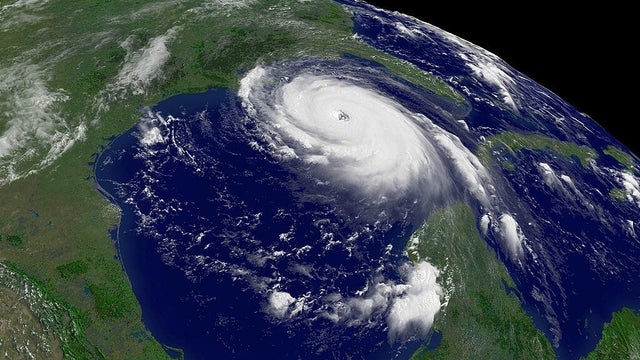
A look at the meteorology behind Hurricane Katrina 20 years later
Katrina, one of the deadliest hurricanes on record to hit the United States, first formed as a tropical wave off the coast of Africa.
Watch CBS News

Katrina, one of the deadliest hurricanes on record to hit the United States, first formed as a tropical wave off the coast of Africa.
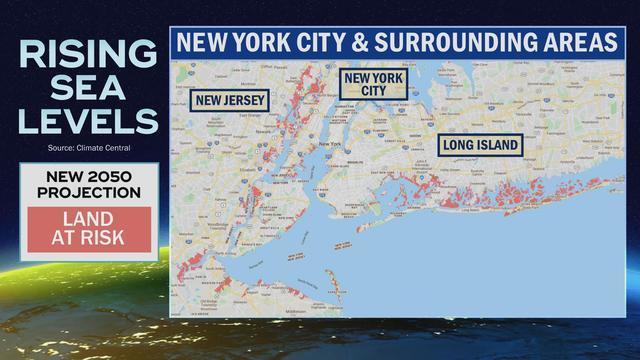
In our Eye on Earth series, we explore a new report that shows many major coastal cities around the world could be underwater by 2050. Scientists from Climate Central say that means 300 million people would be waterlogged in 30 years. Climate Central chief meteorologist Bernadette Woods Placky joins "CBS This Morning" to discuss the findings.
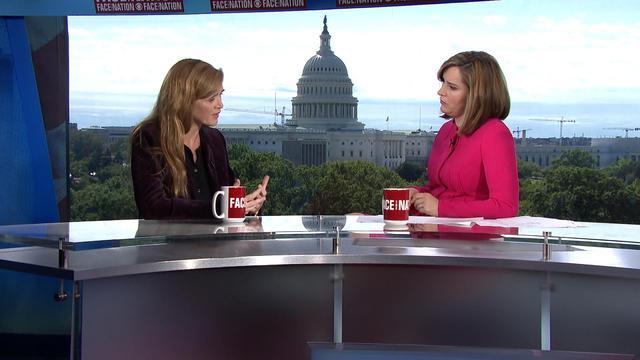
Missed the second half of the show? The latest on climate change and extreme weather.
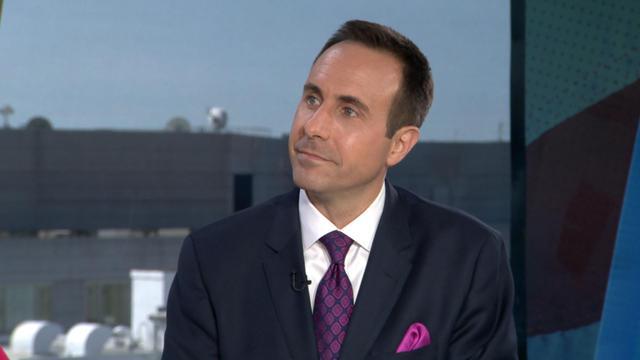
Meteorologist and CBS News climate and weather contributor Jeff Berardelli joins Margaret Brennan to discuss climate change and its link to stronger storms and hurricanes.
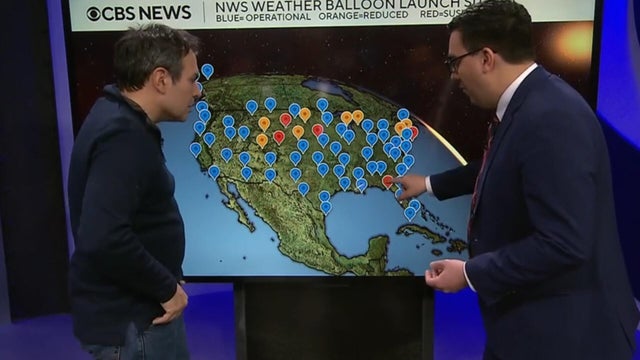
At least 13 of nearly 100 weather balloon sites were cut or reduced when the White House's Department of Government Efficiency, or DOGE, took aim at the National Oceanic and Atmospheric Administration earlier this year. Dave Malkoff reports.
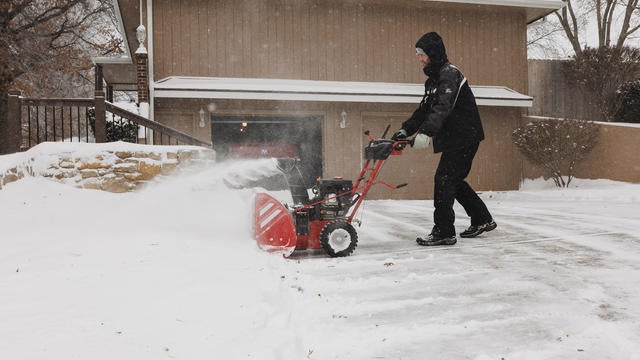
Millions in the U.S. were hit by a major winter storm that created dangerous conditions from the Central Plains to the East Coast.
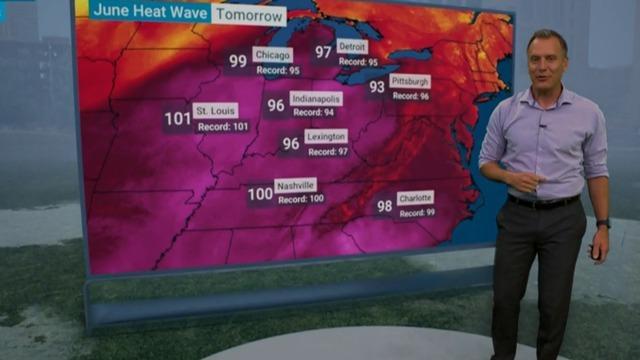
The record-breaking heat wave will grow in the days ahead as it pushes east. Weather Channel meteorologist Mike Bettes has the forecast.
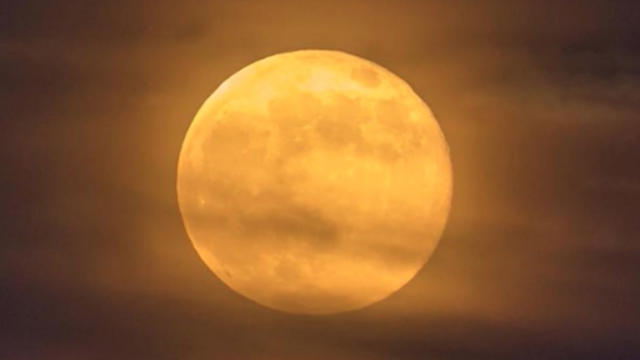
The September Harvest Moon will see a partial lunar eclipse, peaking the night of Tuesday, Sept. 17.
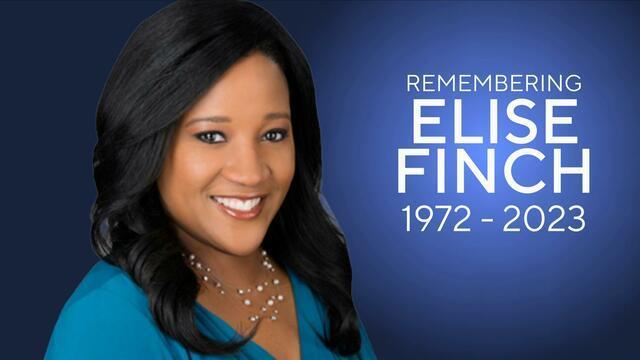
CBS News is mourning the loss of Elise Finch, an Emmy Award-winning meteorologist for our New York station, WCBS. She died at 51 years old.
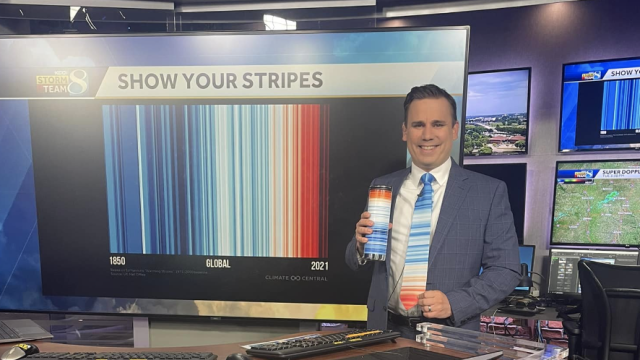
Gloninger says numerous harassing and threatening emails over his climate coverage left him with PTSD. Now, he said he's going to fight even harder to tackle climate solutions.
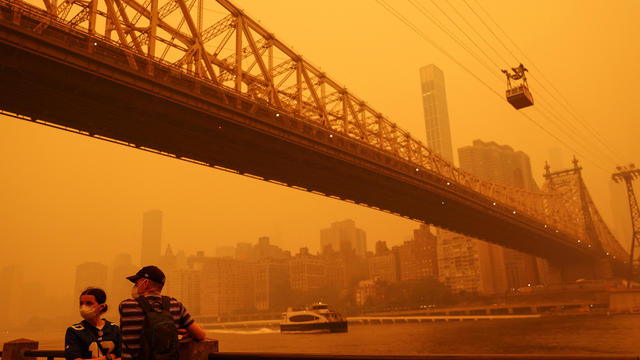
Forecasts suggest hazy skies and reduced air quality will persist across the Northeast and into the Midwest for at least a few more days.

KCAL-TV meteorologist Alissa Carlson was diagnosed with vasovagal syncope after fainting on live TV. She joins "CBS Mornings" for a closer look at what happened. CBS News chief medical correspondent Dr. Jon LaPook also joins to discuss Alissa's medical condition, which affects millions of Americans.
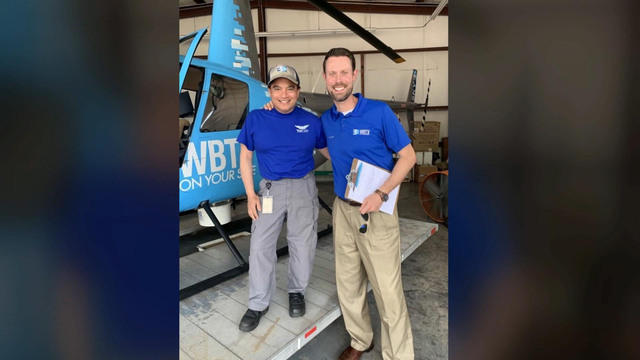
CBS affiliate WBTV meteorologist Jason Myers and pilot Chip Tayag were killed in a helicopter crash in Charlotte, North Carolina. Mark Strassman has the tragic story.

Was it a shooting star, space debris or maybe even a satellite? Here's what researchers think about the massive fireball that shot across the U.K. sky.
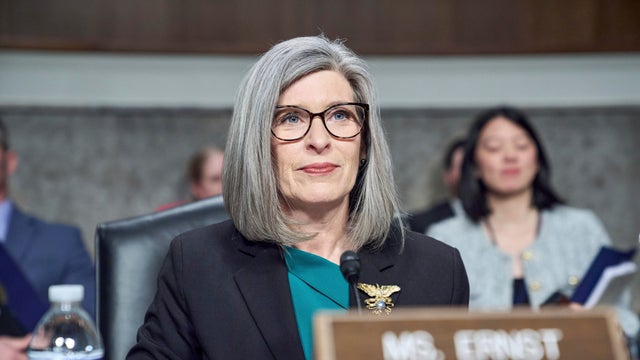
GOP Sen. Joni Ernst of Iowa is expected to announce next week she's not running for reelection in 2026.
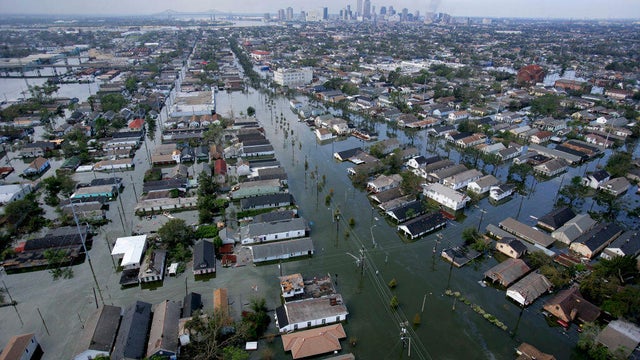
While Hurricane Katrina's toll didn't become clear for days, the storm ultimately led to nearly 1,400 deaths, according to the National Hurricane Center.

Congress passed a law in 2008 that limits Secret Service protection for former vice presidents to up to six months after leaving office.
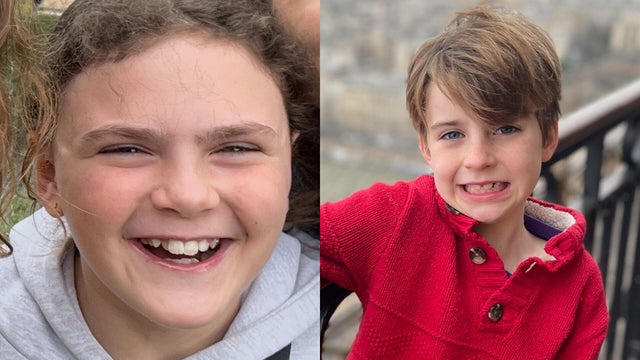
The family of one of the victims shot early Wednesday morning at Annunciation Catholic Church in southwest Minneapolis spoke out for the first time Thursday afternoon.

Vibrio vulnificus is a bacteria that occurs in warm coastal waters or raw seafood. It can cause necrotizing fasciitis, a life-threatening illness.

Persistent inflation remains a pain point for consumers — and for the Federal Reserve as it weighs whether to lower interest rates.
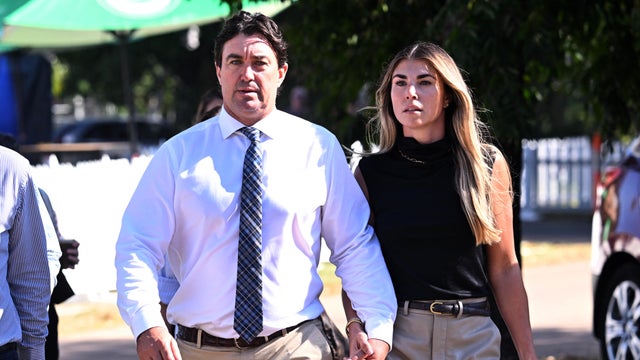
Matt Wright, star of the "Wild Croc Territory" and "Outback Wrangler" series, was convicted of two counts of perverting the course of justice.
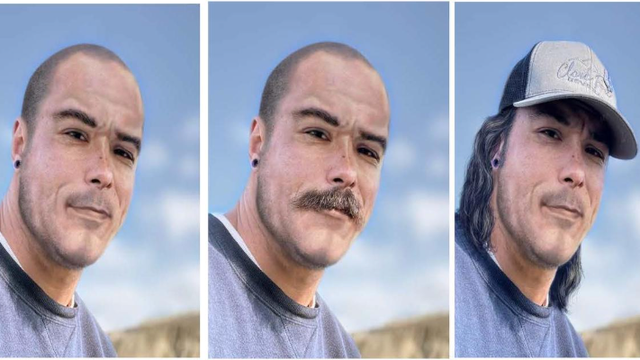
The FBI said it had recovered "potential evidence" while searching nearly 250 acres of rugged wilderness for signs of Travis Decker.

The first Black mayor of an Alabama town has won election by a landslide, four years after he ran unopposed but was prevented from serving.